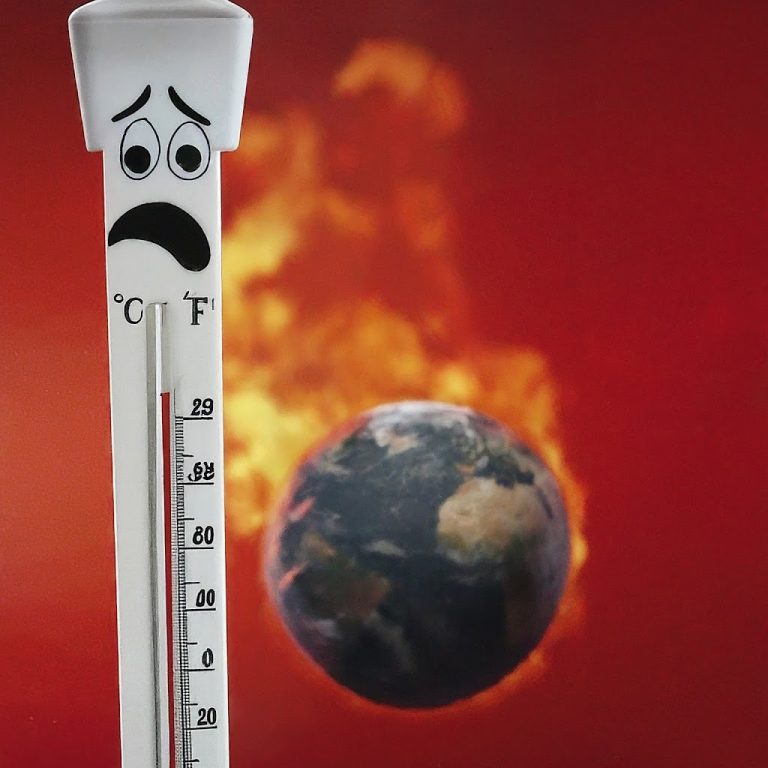Monarch & The Milk Weed … to plant, or not to plant?
There is a pesty parasite that is killing the monarchs in all stages of their life cycle. The parasite is called OE for short. It appears that with a warming climate, the monarchs don’t migrate and the non-native milkweed doesn’t die back in the winter, especially in Florida. This seems to perpetuate the life cycle of OE and negatively impact the monarchs. Here are the recommendations from FNPS based on the best available science as…

